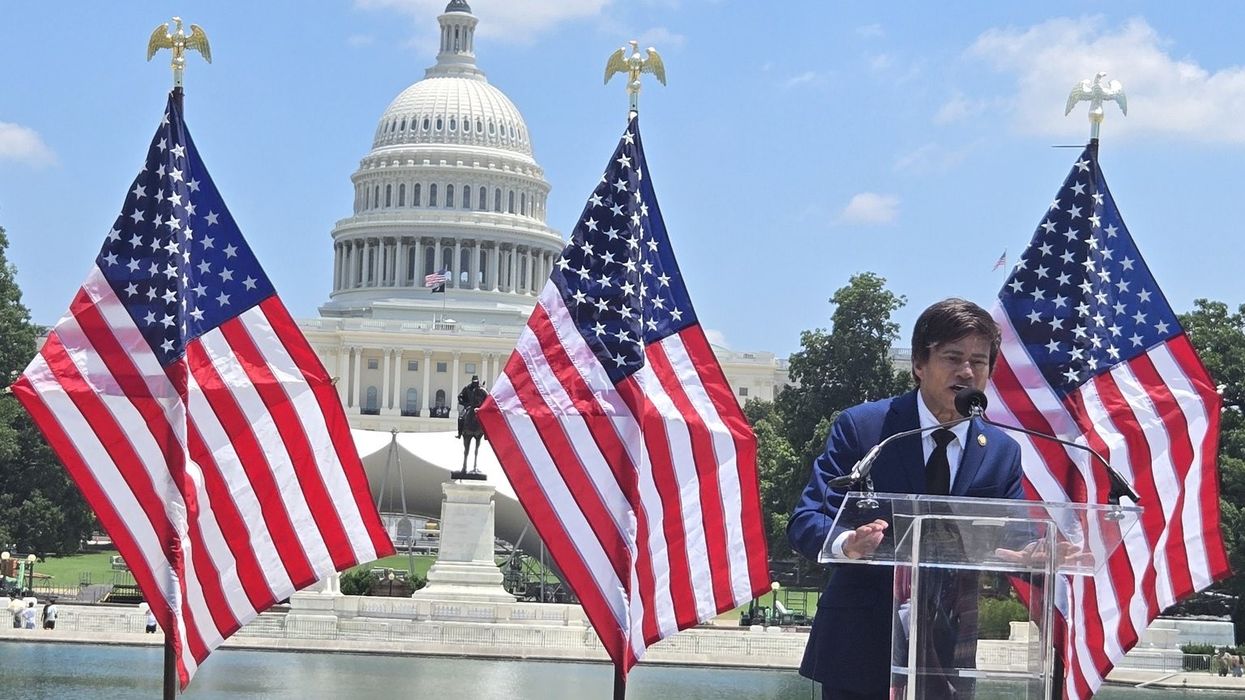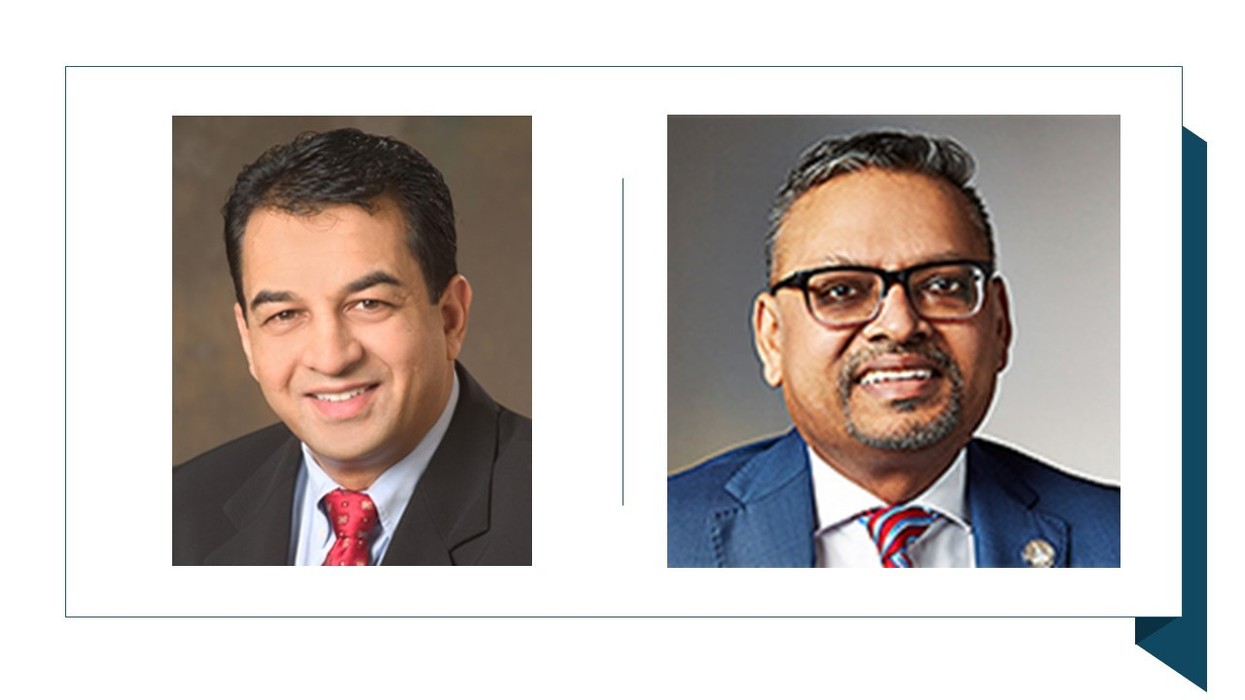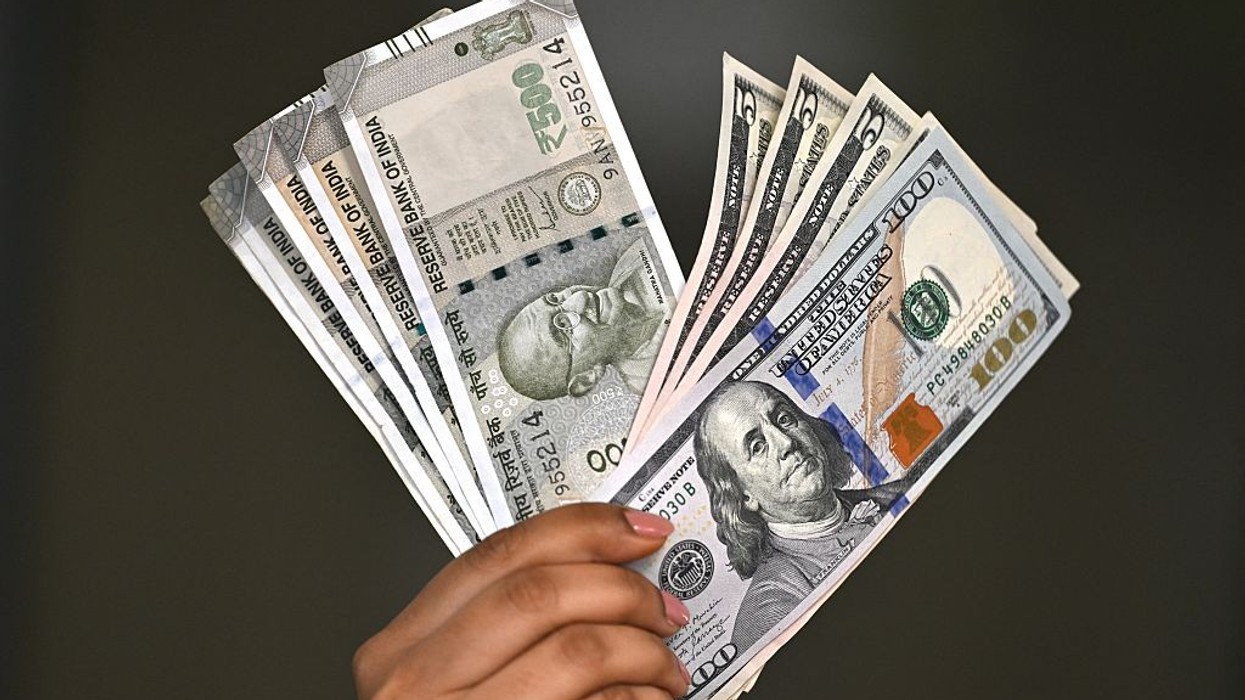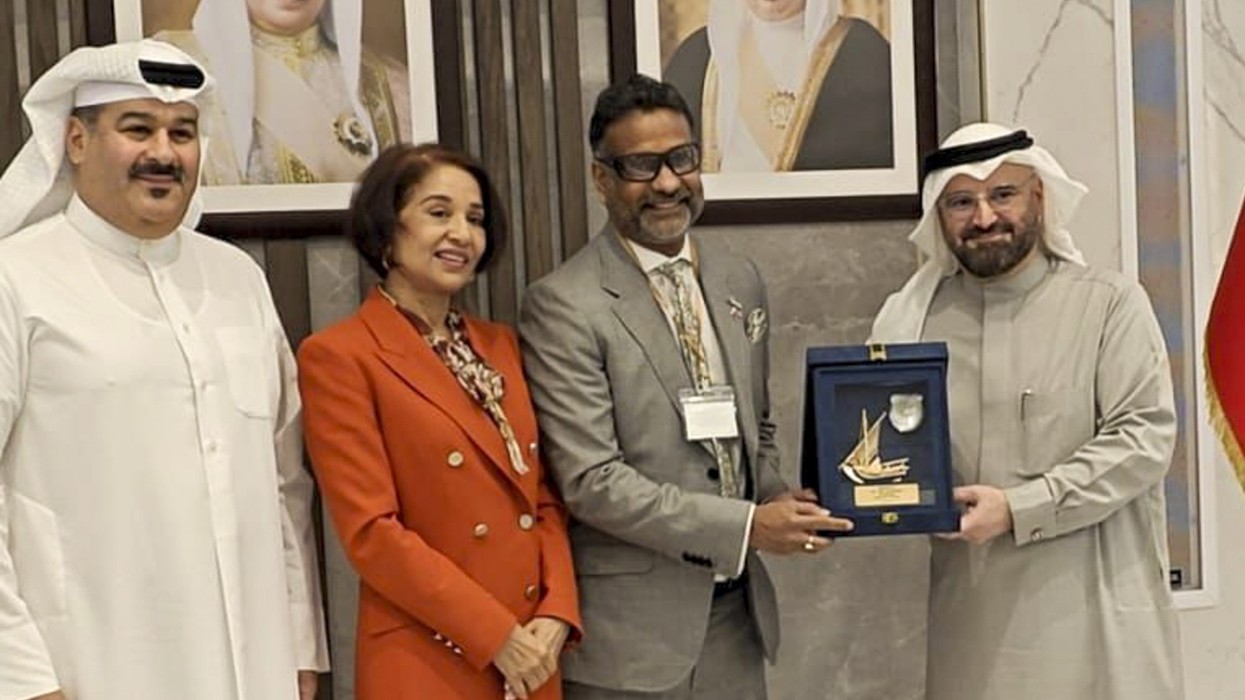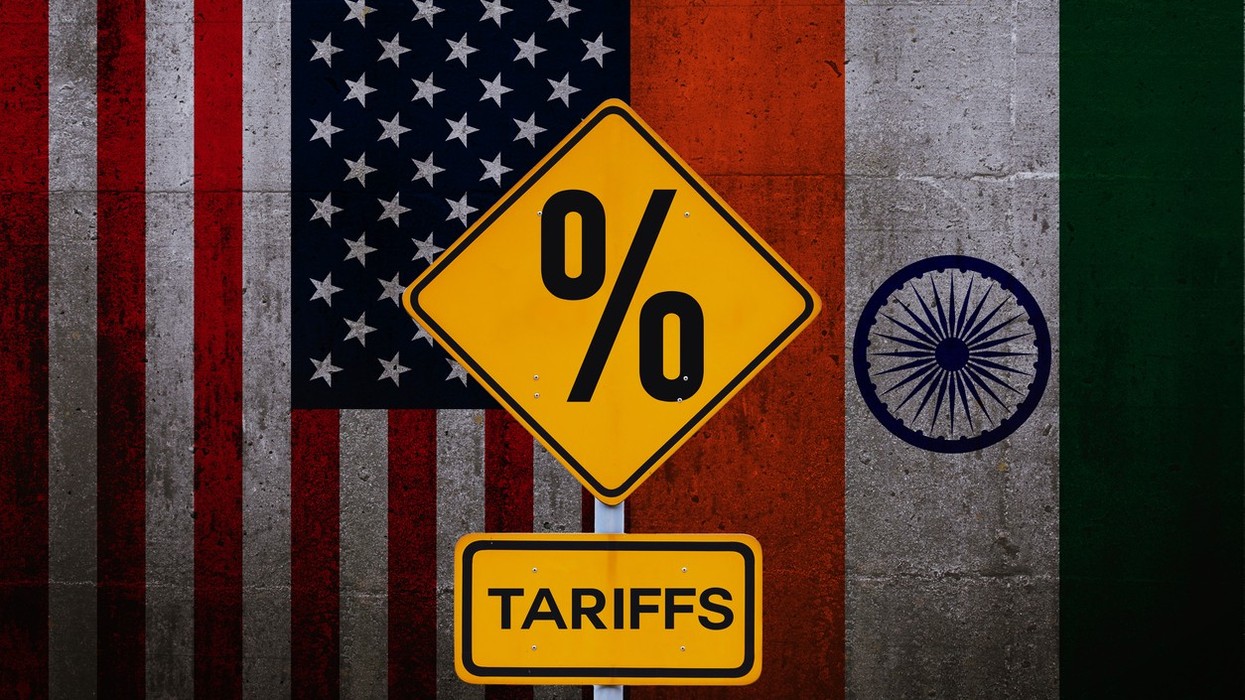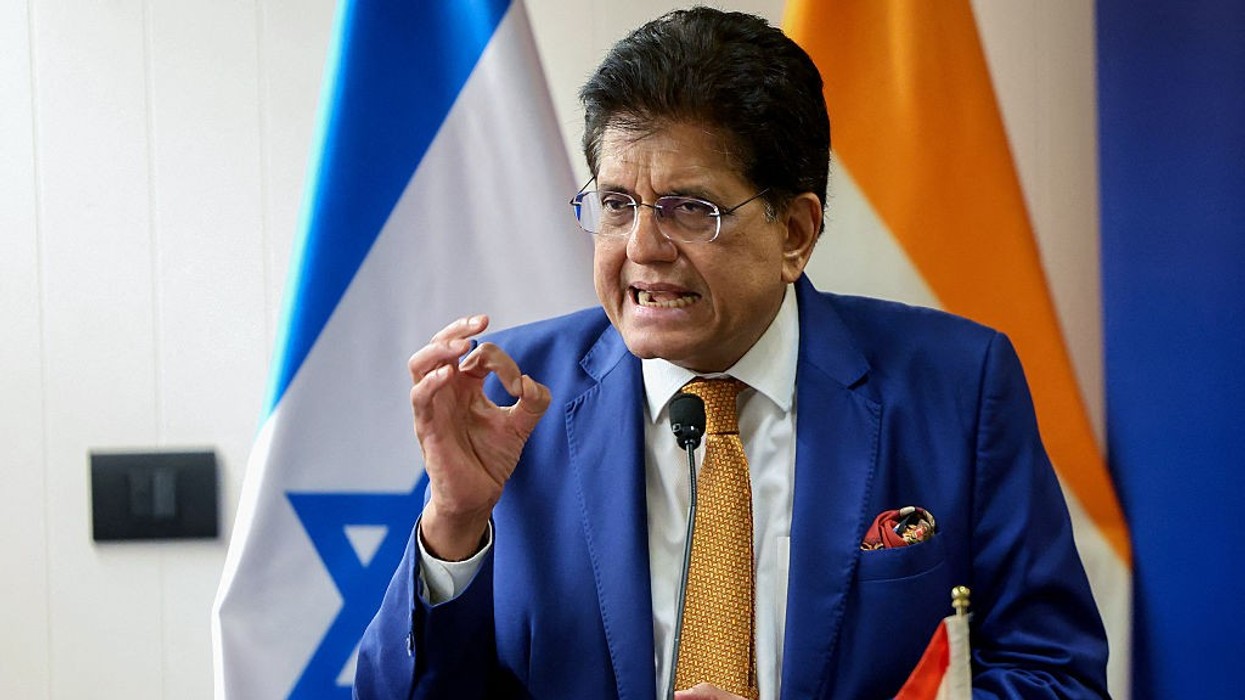Indian-American Congressman Shri Thanedar has openly criticized US President Donald Trump’s approach toward India and the Indian American community, arguing that initial optimism about Trump being pro-India has not translated into reality.
Thanedar, a Democrat representing Michigan, warns that the administration’s actions have instead prioritized the “America First” agenda, with little tangible benefit for US-India ties or immigrant communities. In an interview, Thanedar discusses the evolving India-US relationship, the impact of Trump’s trade and immigration policies, and the prospects for the Democrats in the upcoming 2026 midterm elections.
The myth of Trump’s pro-India stance
Thanedar points to a significant shift in perception among Indian-Americans since Trump’s rise to the presidency. He recalls the enthusiasm sparked by events such as the high-profile “Howdy Modi” rally in Houston in 2019, which many saw as an indicator of a new era in US-India relations. However, he asserts that these expectations were misplaced, as Trump’s core focus remains firmly on his own base and the “America First” philosophy.
According to Thanedar, Trump’s supporters and much of the MAGA movement are not particularly pro-India or pro-immigrant in spirit. He cautions against conflating the appointment of individuals of Indian descent to key positions with genuine support for India or Indian Americans.
Thanedar argues that many of these appointees are chosen more for their loyalty to the MAGA agenda than for their Indian heritage or affinity for pro-India policies. He contends that the myth of Trump as a strong ally for India has been debunked, though he believes India’s growing economic strength still commands respect in the United States, independent of presidential personalities.
Volatility in India-US relations
Thanedar acknowledges that the broader India-US bilateral relationship is currently facing a period of volatility. While India’s emergence as the world’s fifth-largest economy—and its anticipated rise to the third-largest—boosts its global standing, the US response under Trump has been ambivalent.
Thanedar praises Indian prime minister Modi for steering India toward economic growth and notes the increased American respect toward India’s economic power. However, he believes Trump’s transactional and self-interested approach has not fostered substantive progress in the US-India partnership.
Tariffs, sanctions, and economic policies
A significant source of recent tension in the relationship arises from Trump’s aggressive use of tariffs. Thanedar strongly objects to what he perceives as the president’s reckless application of tariffs as punitive measures against global trading partners, including India. He warns that such tariffs, often announced abruptly and without thorough planning, serve more as populist tools rather than instruments of sound economic policy.
Thanedar points to the proposed Russia sanctions bill, which could impose steep tariffs on countries—including India—that purchase Russian energy. He critiques this approach, arguing that it ultimately hurts American consumers by increasing prices, rather than achieving its alleged strategic goals.
Thanedar believes such trade measures require careful deliberation and bipartisan cooperation rather than unilateral imposition. While he estimates there is a 50-55 per cent chance the sanctions bill will pass owing to Republican majorities in Congress, he maintains that such policies are economically unsound and insufficiently considered.
Immigration policy: Impact on communities
Turning to immigration, Thanedar shares his personal experience navigating the US immigration system as an Indian emigrant. Using his own prolonged struggle to secure a student visa as an example, he describes the US immigration system as outdated and in urgent need of reform. He argues that Trump’s policies on illegal immigration—such as setting daily deportation quotas—are driven more by a desire to satisfy a nativist political base than by thoughtful policy design.
Thanedar is critical of how these targets result in aggressive actions by immigration authorities, often leading to the indiscriminate or mistaken detention of immigrants—including legal residents or even citizens. He expresses concern that this approach is tantamount to racial profiling and has resulted in distress for numerous families. Thanedar views it as an extension of a broader animosity within the administration towards immigrants and minorities.
Democratic strategy for the 2026 midterms
On the subject of the upcoming 2026 midterm elections, Thanedar stresses the importance for the Democratic Party to regain control of the House of Representatives, which would curb what he describes as the “unlimited power” currently held by Trump and the Republican Party. He warns fellow Democrats against assuming midterm trends will necessarily favor them, emphasizing that Trump’s unconventional political appeal requires a more determined and proactive campaign strategy.
Thanedar highlights that in contrast to Republicans’ clear and focused messaging, Democrats have been too broad and diffuse in their approach. He argues for sharper messaging, clear policy objectives, and effective communication with voters. Rather than primarily criticizing Trump, Thanedar advocates for an affirmative Democratic agenda with well-articulated priorities that can inspire confidence among voters in key swing districts and across the country.
Congressman Shri Thanedar’s critique reflects a growing sense of disillusionment among many Indian Americans with Trump’s presidency and its impact on US-India relations.
Citing economic, immigration, and strategic policy challenges, Thanedar warns against relying on surface-level gestures or personalities and calls for substantive reform and engagement on both domestic and international fronts. As the 2026 elections approach, his message for Democrats centers on the need for clarity, commitment, and a more inclusive vision for America’s role in a changing world.
